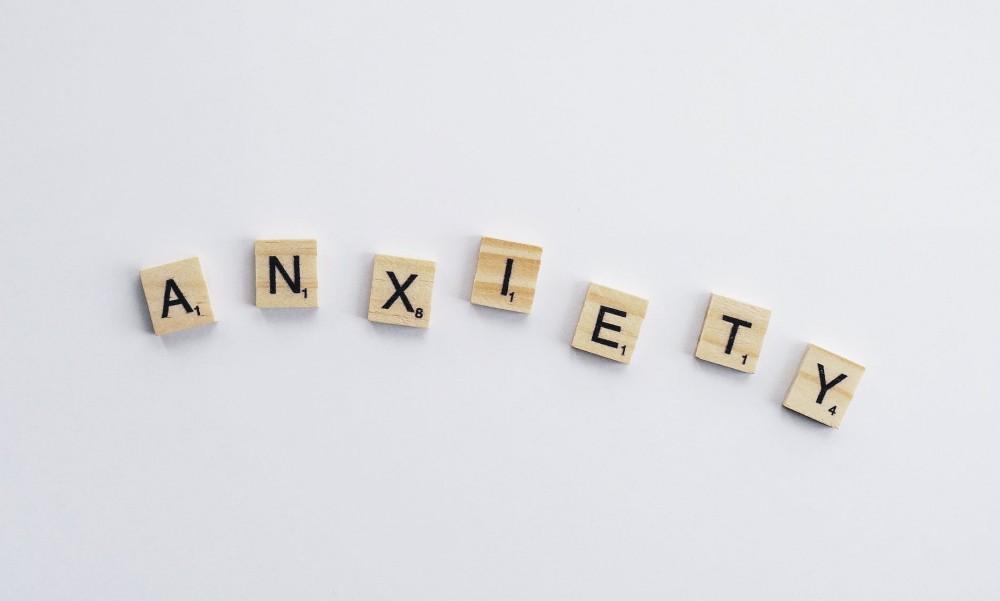Everyone at some point in their lives encounters anxiety, this is a common and frequently healthy emotion. However, for some individuals, anxiety can become excessive, persistent, and overwhelming, leading to an anxiety disorder. This blog post will cover what anxiety is, typical symptoms, available treatments, and ways to help loved ones who are experiencing anxiety.
What is Anxiety?
Anxiety is a natural response to stress, which can be characterized by feelings of concern, fear, or unease. It can help us to cope with challenging situations by keeping us alert, focused, and ready for action. However, anxiety can interfere with daily life and general well-being when it becomes persistent or out of proportion to the situation, potentially developing into an anxiety disorder.

Anxiety manifests differently for everyone, but some common symptoms include:
- Excessive worry or fear
- Restlessness or feeling on edge
- Difficulty concentrating
- Irritability
- Muscle tension
- Sleep disturbances
- Fatigue
- Rapid heartbeat or shortness of breath
- Sweating or trembling
- Gastrointestinal problems
How is anxiety treated?
The most successful course of action for treating anxiety depends on the needs and preferences of the patient.

Typical forms of treatment include:
- Psychotherapy: A popular type of psychotherapy called cognitive behavioral therapy (CBT) aids people in recognizing and altering unhelpful thought patterns, creating coping mechanisms, and strengthening problem-solving abilities.
- Medication: While benzodiazepines and other anti-anxiety drugs might relieve symptoms temporarily, long-term management of anxiety disorders is frequently accomplished with the use of selective serotonin reuptake inhibitors (SSRIs) and serotonin-norepinephrine reuptake inhibitors (SNRIs).
- Lifestyle changes: A balanced diet, regular exercise, enough sleep, and stress-reduction methods (such as yoga, mindfulness, or meditation) can all help to reduce the symptoms of anxiety.
- Relaxation techniques: Deep breathing exercises, progressive muscle relaxation or mindfulness, can help reduce anxiety and promote relaxation.
How to Support Loved Ones with Anxiety
It’s crucial to show compassion, empathy, and support if someone you care about is struggling with anxiety.

Here are a few ways you can contribute:
- Be Patient: As your loved one deals with their anxiety, it’s important to show patience and understanding. Keep in mind that recuperation requires time and that setbacks are common during the process.
- Encourage Professional Help: To assist in managing their anxiety, encourage your loved one to seek out professional assistance, such as therapy or counseling.
- Listen: When a loved one needs to talk, listen to them and be there for them. Sometimes, all the difference is having someone to listen and support how they feel.
- Healthy Boundaries: Recognize the value of creating boundaries for both yourself and your loved one. Establish healthy boundaries. Maintaining your own personal wellbeing while promoting independence and self-care. Be encouraging, but refrain from acting in ways that would make them feel more anxious.
- Be Mindful of Language: When conversing with someone who is anxious, be mindful of your language. Keep your language respectful and don’t downplay their feelings. Recognize their difficulties and validate their experiences.
- Practical Help: Offer to assist your loved one with any duties that they may find difficult owing to their worry. For instance, go with them to appointments, help them run errands, or aid them in developing a timetable or habit.
- Be a Source of Positivity: Encourage your loved one to look for the good things in life and to acknowledge and appreciate all of their accomplishments. Remind them of their perseverance and abilities to overcome obstacles.
- Encourage Social Interaction: People who are anxious may find it difficult to interact with others and may isolate themselves. Encourage the person you care about to stay in touch with their loved ones and take part in activities they enjoy.
Conclusion
Remember, everyone’s experience with anxiety is unique, and what may work for one person might not work for another.

The most important thing you can do is to be there for your loved one, offer support, and encourage them to seek professional help when needed. Together, you can navigate the challenges of anxiety and work towards a healthier, happier life. Understanding the symptoms and treatment options for anxiety disorders can help those affected find relief and improve their quality of life. By educating ourselves and supporting our loved ones through their journey, we can make a positive impact on their lives and help them manage their anxiety more effectively.

